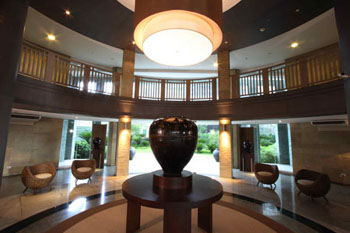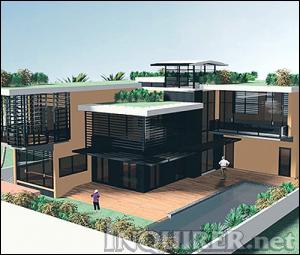Buying or selling a home is among one of the stressful events one has to go through because you have a lot at stake, financially speaking, during the real estate transaction. A good or bad transaction may affect your net worth and your well-being. There are several factors involved in real estate transactions, some of which are beyond your control no matter how well you study the market. For instance, interest rates could increase unexpectedly, or your home inspector might discover a structural defect you were unaware of. However, there are a few precautions you can take so your real estate transaction will go well.
First, you need the right real estate agent who will help you accomplish your goal and find what you’re looking for. If you don’t already have an agent or a mortgage broker, ask your friends or coworkers for recommendations and interview each referral carefully.
One of the common mistakes first time home buyers make is that they underestimate the time it takes for the transaction to finish. Don’t pile on additional work on yourself during the middle of a home sale or purchase so you can manage the stress easier.
Stay involved in every single process of the transaction, up until the closing. Even though you’ve got a professional who’ll help you out, the most they can do is give you advice. In the end, you’re the one who’s making the decision. You’ll definitely encounter problems if you let your agent or broker make the decisions for you because only you know what you want. Be nice but firm towards your agent and let him or her know what kind of services you expect.
Finally, make sure you read and understand every document before signing anything and ask for copies of everything you sign. You need to keep your own copy of the documents even after the closing so in case a problem comes up, you’ll have something to back up your case.




